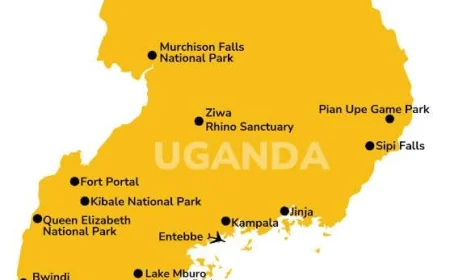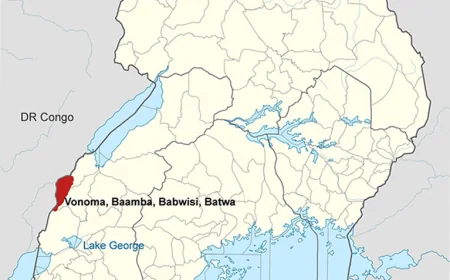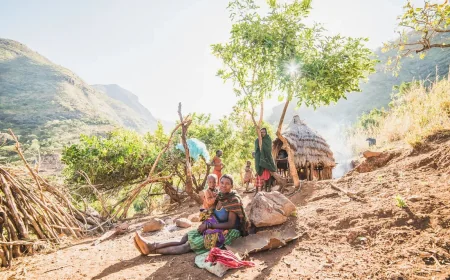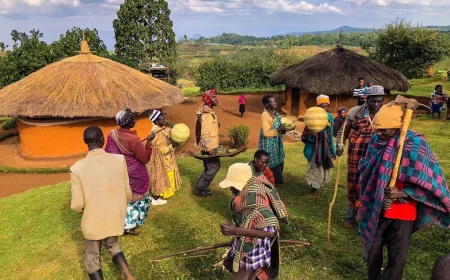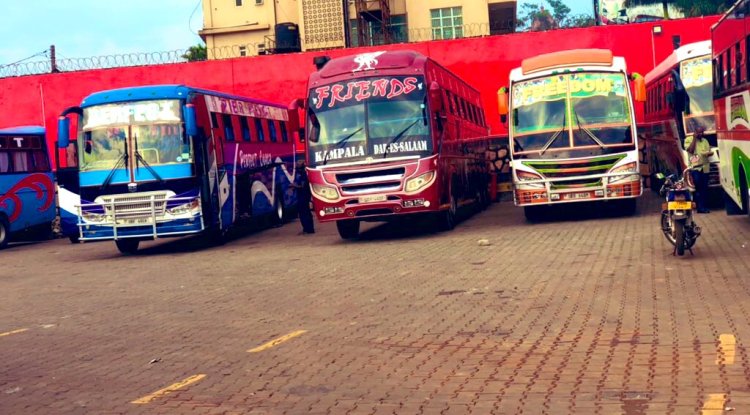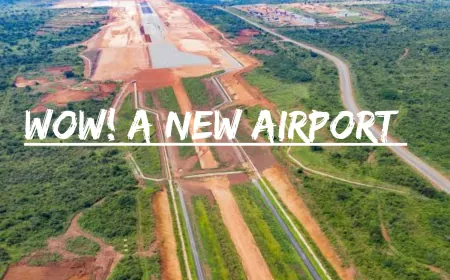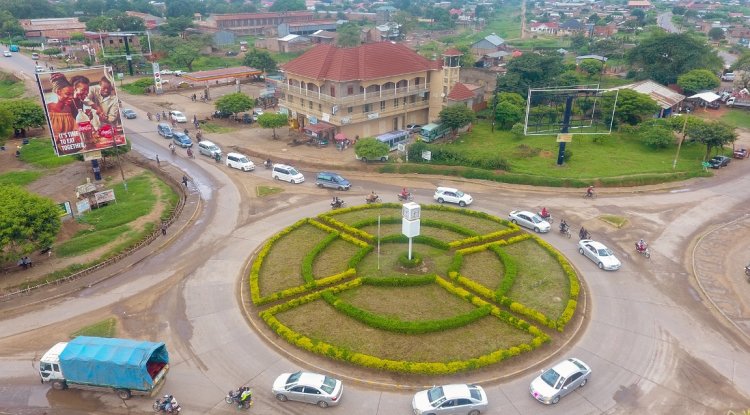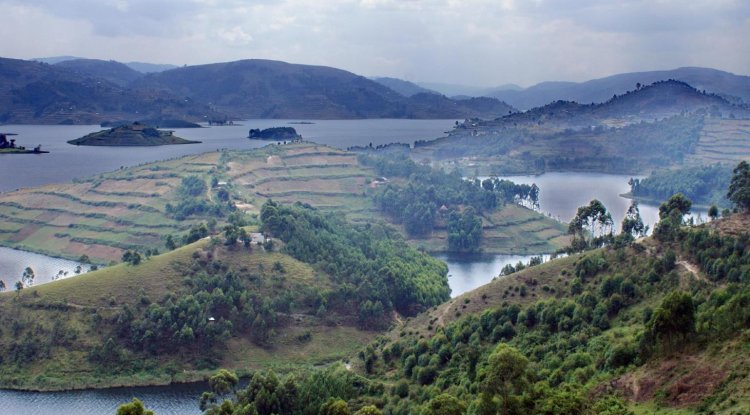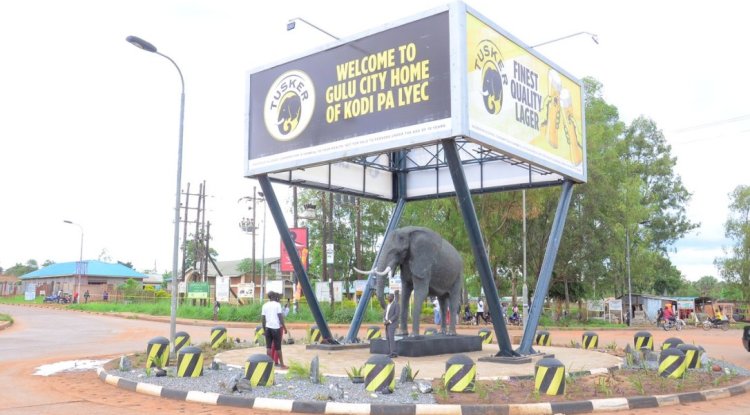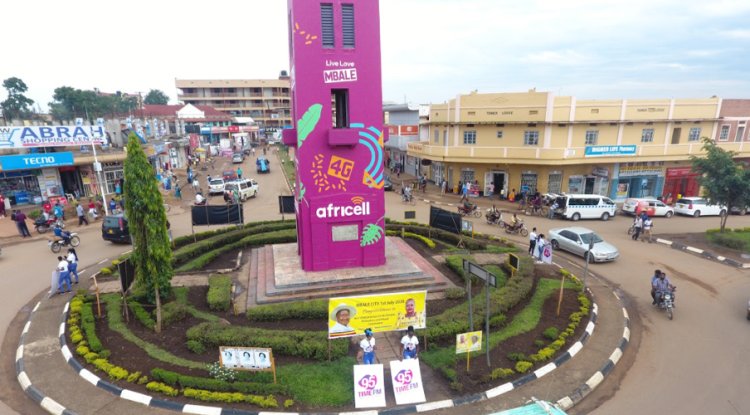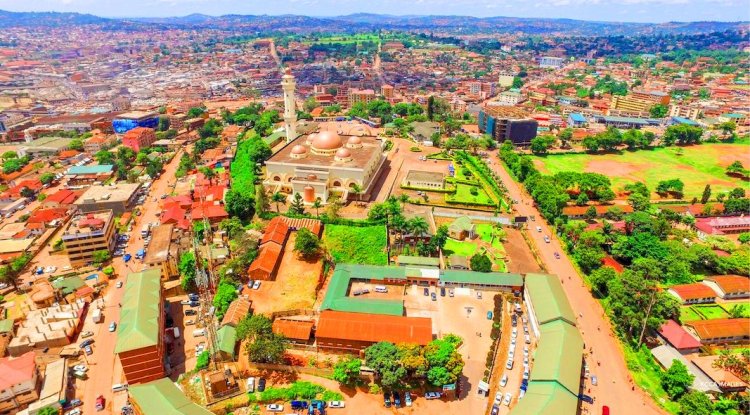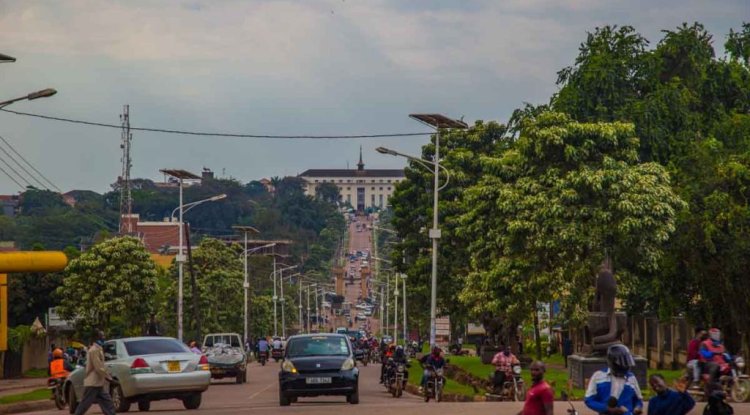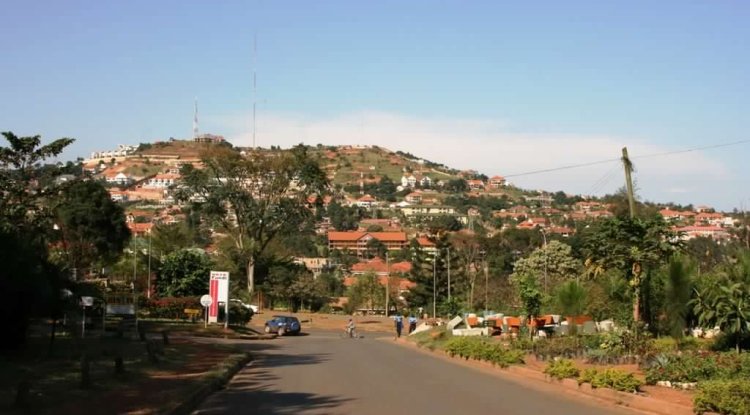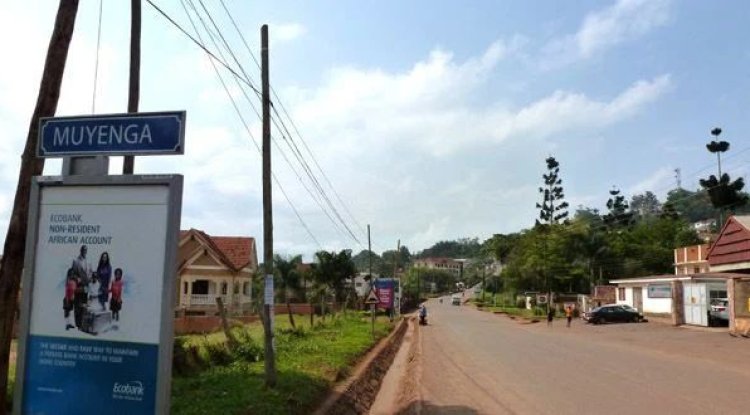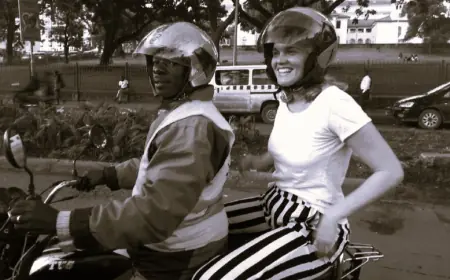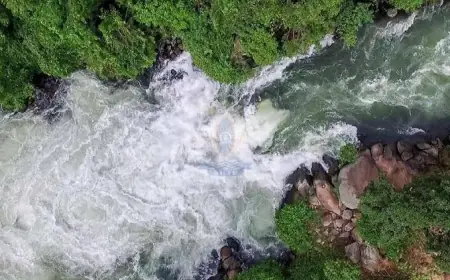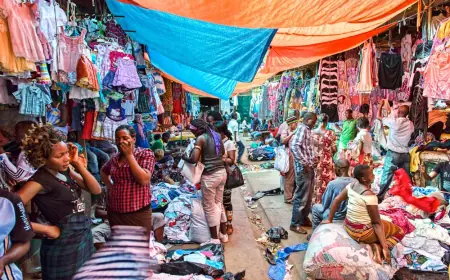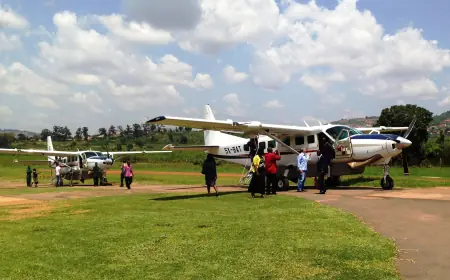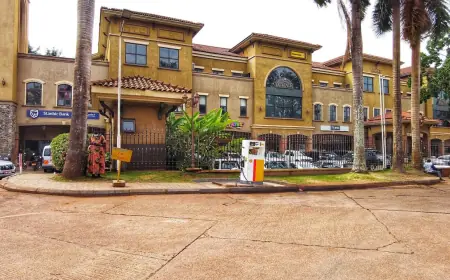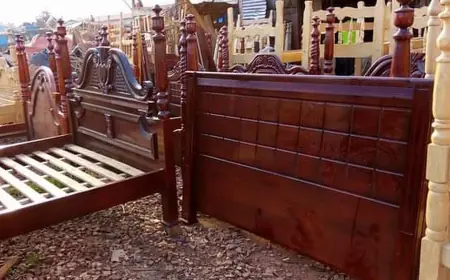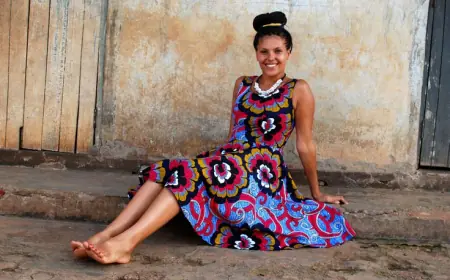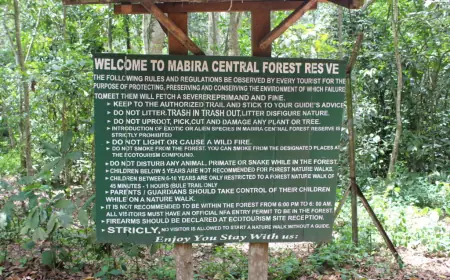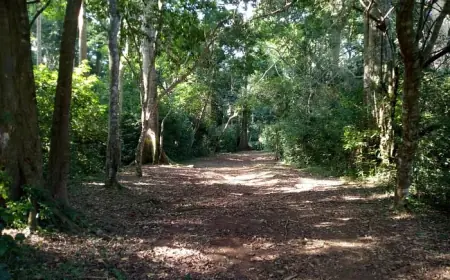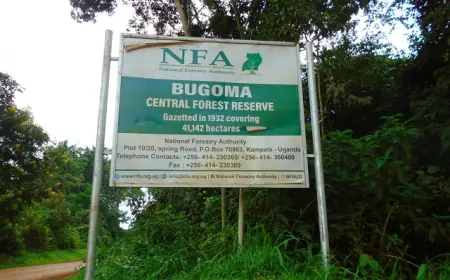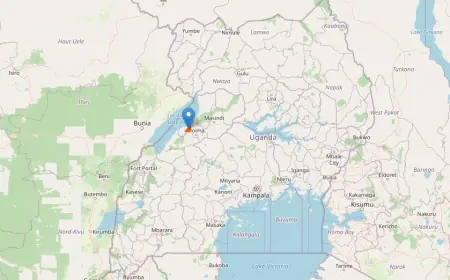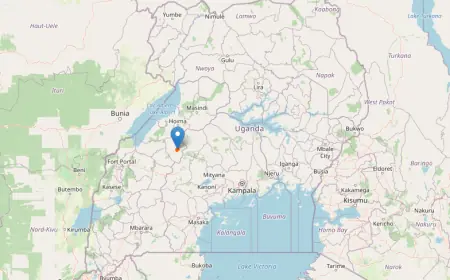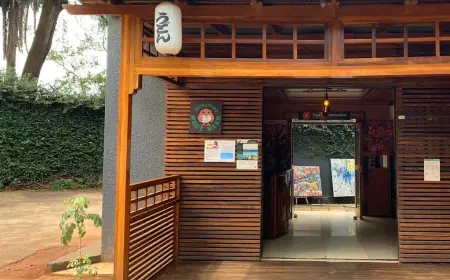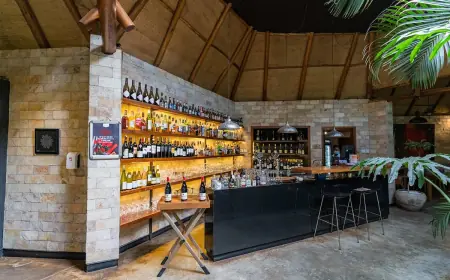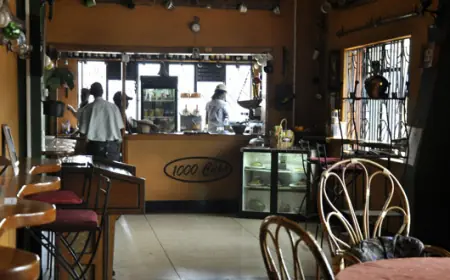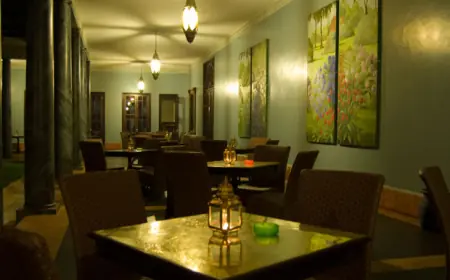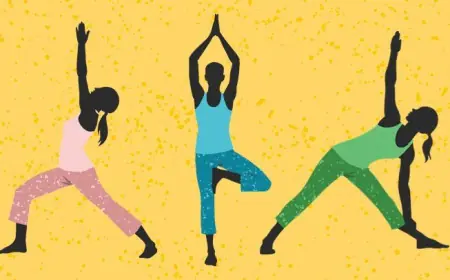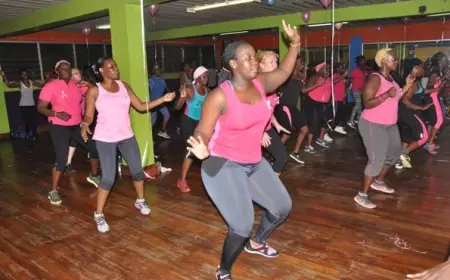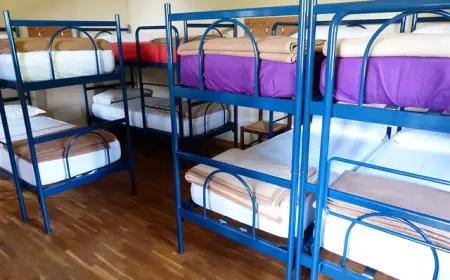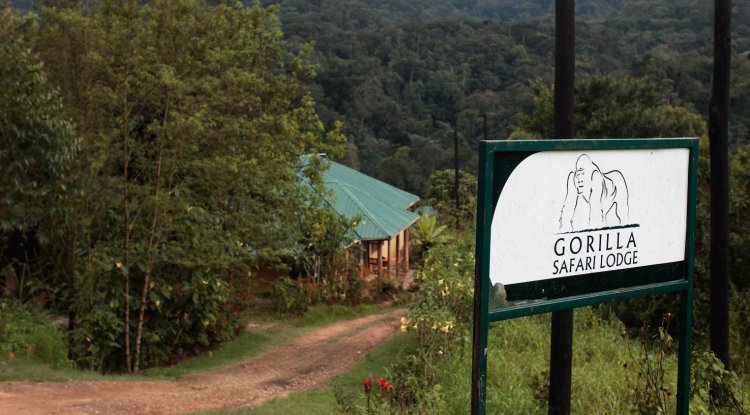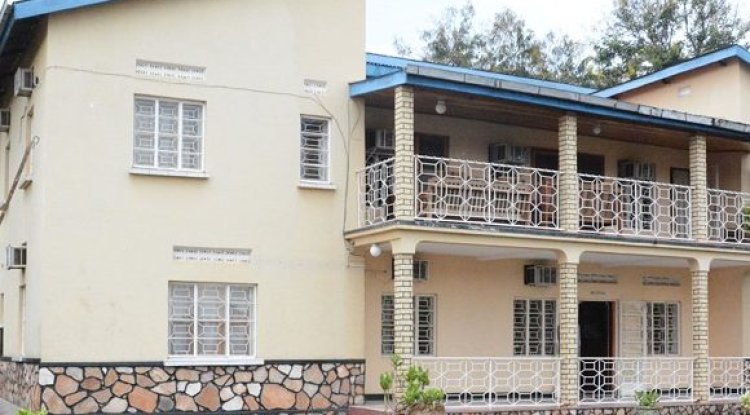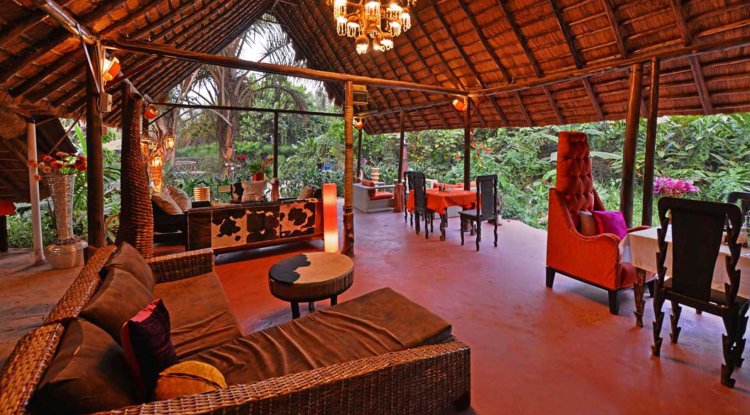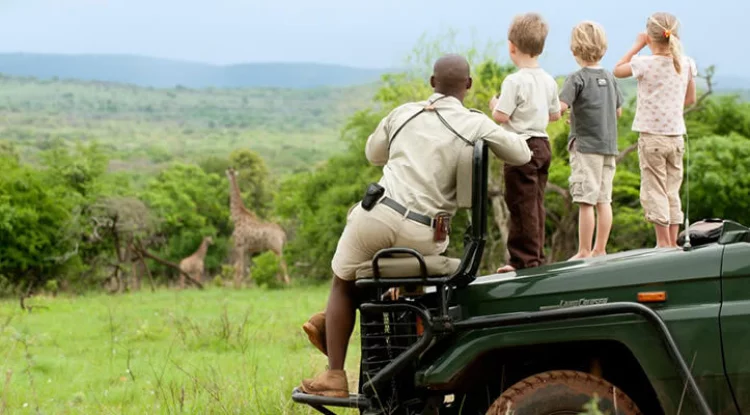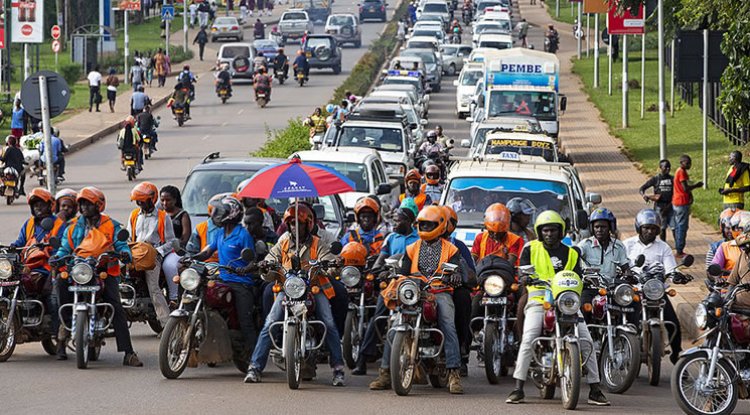How to Plan for a Regular Day in Uganda: the Ultimate Guide for your Time Here
One of the most important phrases ever said was: Expect the Unexpected. And that’s exactly what you will get on your first visit to the Pearl. If you are a first time visitor to Uganda, and have not found out from others who have been here, you might get a bit of a shock to discover what you thought you knew about travelling is nothing but elementary. When it comes to spending a regular day in Uganda, you will soon realise that your day is anything but regular, with sudden plot twists to the story you had planned to tell. Wise people say, “Better safe than sorry.” so, please read my guide to getting the most out of your day in Uganda, whatever your original plan for that day happens to have been. You will be glad you did.

One of the most important phrases ever said was: Expect the Unexpected.
And that’s exactly what you will get on your first visit to the Pearl. If you are a first time visitor to Uganda, and have not found out from others who have been here, you might get a bit of a shock to discover what you thought you knew about travelling is nothing but elementary. When it comes to spending a regular day in Uganda, you will soon realise that your day is anything but regular, with sudden plot twists to the story you had planned to tell. Wise people say, “Better safe than sorry.” so, please read my guide to getting the most out of your day in Uganda, whatever your original plan for that day happens to have been. You will be glad you did.
-
Dress according to the weather, but pack an extra outfit.
Let me explain. You know how in most countries you can generally forecast the weather, and dress according to what the weather will be that day? Well, not at the equator. Tropical climate is predictable, but the day’s weather is not. It could be a fairly warm night, clear sky and silence for kilometres. And three hours later, you are woken up by the loudest thunderstorm, freezing and, if you left your windows open, wet! You don’t know how many times this has happened to me, and I have been here a while. So if you had planned to wear shorts and a t-shirt, or a summer dress, you may have to rethink the outfit choice. However, and this is interesting, don’t keep away the shorts and/or dress just yet! You may want to keep these in your bag too. Because if it’s cold and wet in the morning, you have all day to wear your warm clothes, right? Wrong. If it stops raining by morning, you can be sure that by afternoon the sun will be high in the sky, and the weather will be at least twenty-two degrees. Celsius. Now you can do the maths: heavy jacket and boots, or shorts and t-shirt? I say take both, especially if you are leaving in the morning and will be out all day.
-
Apply loads of sunscreen, but wear a sunhat..
Being right on the equator has its perks, but sunburn is not one of them. The tropical sun shines through the thickest of clouds, and clothes, and yes, even shoes. So if you think you can get away with a little bit of sunscreen and hop on a bodaboda to your next appointment, I think you need to think again. A sunhat is not a very common accessory for the locals, and many of them have never heard of sunscreen, but if you have not lived here, you will find them not only essential, but lifesaving. The good news is that sunhats can be found at any souvenir shop and craft market in any major down and they are inexpensive, unless you want a brand name.
-
Keep your money on your credit card, but carry petty cash.
Yes, every medium and large establishment will take credit cards, but you will find out soon enough that most grab- and- go things are found at small establishments. Need a bottle of water and a rolex? Show me the cash. Need a taxi or bodaboda to the next town? You better have cash. But don’t carry wards of money in your bag or pocket either. A maximum of three hundred thousand shillings, about sixty pounds or eighty-five dollars. This should be enough for the day, if you are thinking of going out to a local restaurant, moving around, attending an event and/or buying some souvenirs for when you go back. If you need any more, there are a number of ATMs scattered around all the major cities and towns. On the plus side, though this is rare, cash is much easier to pickpocket than a credit card. So there’s that.
-
Be ready to speak only English, but have a Luganda Dictionary.
The official language in Uganda is English, particularly British Style of English, Commonwealth English. Uganda is ranked second in the world, when it comes to speaking English and you will have no trouble finding your way around the country if you only use English. That is, until you do. If you have a host or are with a tour company, almost everything will be planned for you: where to go, who to go with, what to buy, and where to buy it, what you’ll eat and whether you will enjoy it. But if you are more of the adventurous lone ranger, and want to completely immerse yourself in the different cultures and customs around Uganda, you may need an English-Luganda dictionary. This is because the most used traditional language here is Luganda, and there are words that we use on a daily basis that are strictly in Luganda, and the only way for us to understand what you are saying is if you say it in Luganda, or the language of its origin. Here are some examples:
Matooke = mashed plantains, the stable food of the country
Bodaboda = taxi motorcycle, that carries one passenger in addition to the rider
Rolex = a chapatti wrap, with eggs and a small salad, definitely not a watch
Posho = stiff porridge, made with maize flour
Kanzu = traditional dress for men
Kitenge = Wax print fabric, worn or used to make clothing
Also be ready to use Commonwealth English names of most items if you want to be understood.
Examples:
Cheque (after a meal at a restaurant) = Bill
Trunk (as of a car) = Boot
Hood (of a car) = Bonnet
Traffic (as in traffic jam) = jam. This is very unique to Uganda.
College = University/ Tertiary Institute
High school= Secondary school
Grade school = Primary school
Negotiate = Bargain
Change (the money you receive back after a purchase) = Balance
Loose change (the smaller bills of currency) = Change
-
Be ready to pay premium price as a visitor, but be willing to bargain.
I personally love a good bargain, and I will not hesitate to ask for a price reduction if and when I see fit. But you have to really want what you are purchasing, and be willing to pay the price if your bargain skills turn out lacking. With that said, here are places where you can bargain for the items, and somehow manage to get a discount:
- Flea markets.
- Food markets.
- Roadside markets
- Garage sales.
Places I would personally strongly discourage you to bargain are the places where the people selling the items painstaking made them themselves and are already selling them at minimum price, so to speak. Never bargain here:
- Craft markets
- Trade fairs
- Monthly markets
- School/ NGO/ charity organisation shops
- Concert/event stalls
Never ever negotiate the price of an item handmade by the person selling it. But that’s my personal conscience talking, probably because I hand make things and I am aware of just how difficult it is to produce a good item by hand.
-
Eat before you leave your house/hotel, but never refuse an offer of food.
In Uganda, we pride ourselves on our hospitality. It’s not what we do; it’s who we are. So if you are planning on visiting a Ugandan home, especially one in which there is a mother, aunt or older sister, be prepared for a feast at mealtime. And be prepared to try everything on their menu, and yes, enjoy it. Ugandans, especially the older generation, are amazing cooks, and the food is always fresh, whether it’s little or much. We cook when we have visitors, and so we expect said visitors to eat a generous amount. If you have eaten already or have dietary restrictions, there still will be something that you can eat. But under no circumstances should you refuse food. On the other hand, please eat before you leave your place, because you can never tell how far someone’s home is, or how long it will be before the meal is ready. It’s very rare that you will find snacks in a Ugandan household, but there are fruit trees within a hundred metres, just in case.
-
Always carry a charger adapter, but be ready for a blackout at any time
To be or not to be in total darkness for three nights in a row? That is the question. But the answer is simple; be ready when this happens. There are plenty of activities that do not need your phone or laptop. But you still will need the right adapter for the charger if you are coming from anywhere outside of the UK. Our power sockets are all UK design. And because of globalisation, and because we get appliances and electronics from all over the world, we have been blessed with power cord extensions, which are basically adapters with two or more sockets designed to accept a variety of plugs. So, you will need one of those. However, the occasional blackout is inevitable, and if you visit a very remote area, there may not be any electricity at all. These items will come in handy, but only if you have them when the blackout occurs:
- Get as may batteries as possible. Or get a solar lamp.
- Alarm clock. Obviously a battery operated one.
- Solar charger. We have sun in abundance.
- A real paper map. You will still need to find your way around after your phone battery dies.
- A good book, preferably by a Ugandan author. KINTU by Jennifer Nansubuga Makumbi is a must read.
- A gas lighter or a pack of matchboxes.
- A gas cooker, with gas, if you are into cooking.
- A telescope, the stars are extra bright on dark nights.
- Some long lasting food that does not need refrigeration.
- It also helps to have a physical copy of your contacts that you may need to call, probably on a borrowed phone. Because again, your phone battery life.
What's Your Reaction?
 Like
0
Like
0
 Dislike
0
Dislike
0
 Love
0
Love
0
 Funny
0
Funny
0
 Angry
0
Angry
0
 Sad
0
Sad
0
 Wow
0
Wow
0
